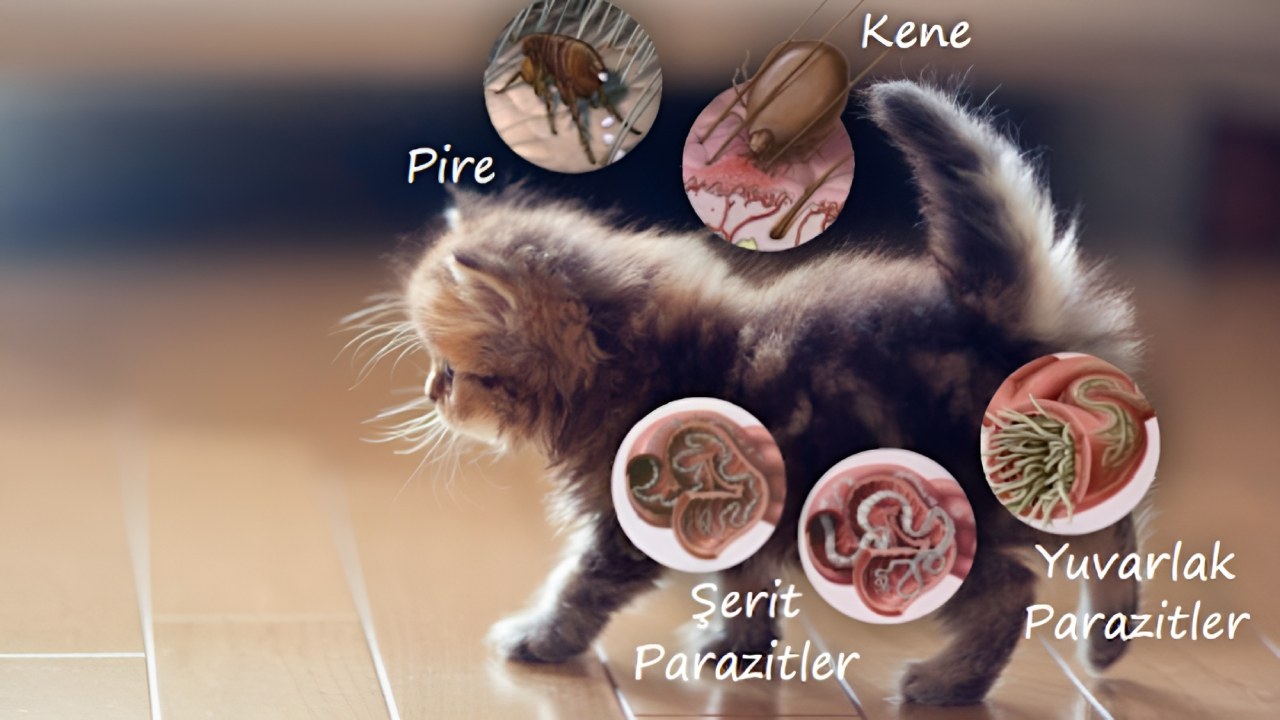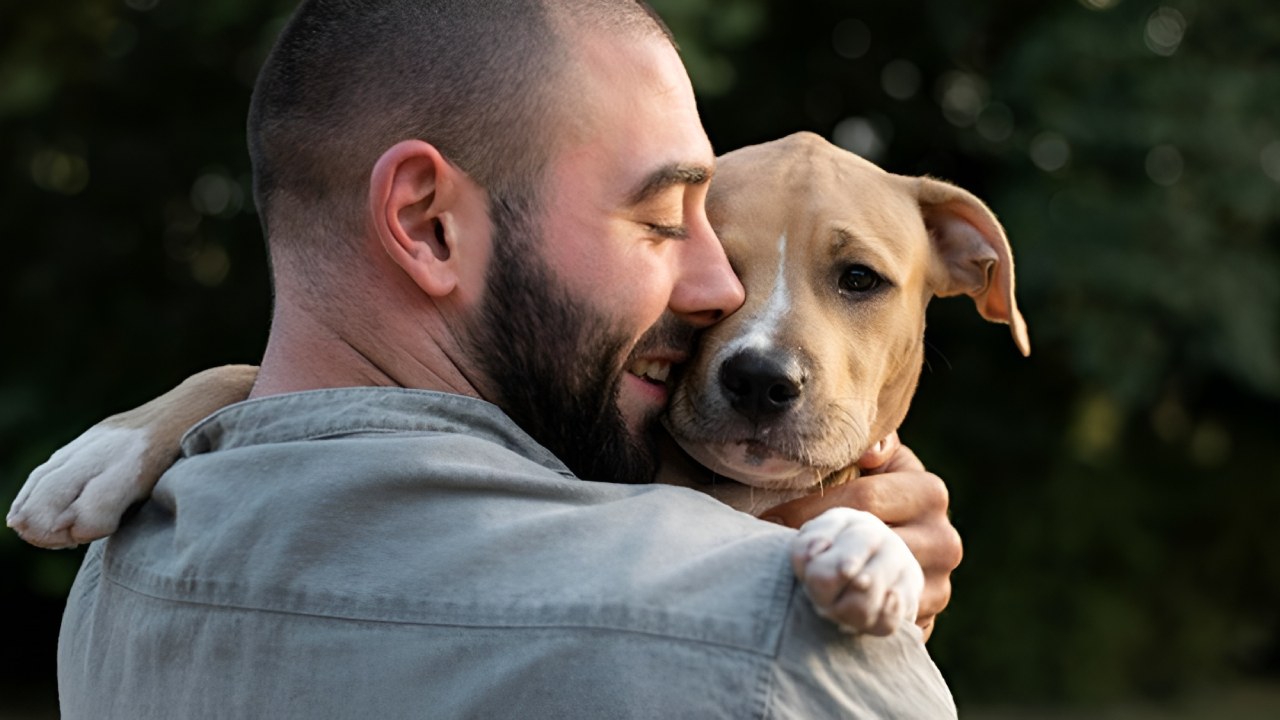Those of us who keep cats, dogs, birds or any other animal in our homes undoubtedly see that animal as a member of the family. Sharing life with them is invaluable. However, some of us are hesitant that our pets, with whom we spend almost every minute, may negatively affect our health.
“What happens if I swallow its feather?”, “Will his disease be transmitted to me?”, “Will the bacteria brought from outside harm me?” It is one of only a few questions that are wondered.
What about our pets? Can it make you sick?
The positive effects of pets on human psychology and health are numerous.
For example, your dog caressing your face with its paw for a few seconds, It lowers your heart rate and helps you calm down.. In fact, the ability to take you from a stressful state of mind to a calm state is not exclusive to cats and dogs.
Animals you adopt such as birds, fish, turtles and hamsters any animal you enjoy living with, Thanks to the communications you establish with them, it will be enough to make you feel like cotton.
In this context, pet owners in Germany and Australia appear to visit the doctor much less frequently. Again, in China, people living with any animal that they sleep deeper There is various evidence regarding this.
In fact, the American Heart Association estimates that the chances of survival of people suffering from heart attacks and strokes are is higher than those who do not own a dog has seen.
There are also different advantages of owning a cat and a dog.
For example, dogs go for walks at different times of the day to meet their daily needs and bring new bacteria into our homes. Thus, our immune system becomes acquainted with pathogens that we would not be able to encounter otherwise. Our resistance to them increases.
A study investigating the fungal and bacterial communities in 1,200 homes in the USA found that, thanks to the presence of people, dogs and cats, respectively, He met 56 and 24 new bacterial species detects.
It can also be caused by exposure to a cat or dog early in a baby’s life. It can reduce the chances of developing asthma by 13% It means.
But some people are very concerned about pet dander and parasites.

As veterinarian Onur Candan stated, cat and dog hair is actually It is not much different from human hair. The two differences at this point are shape and color.
Additionally, some stray cats carry parasites in their stomachs. These parasites, Over time, it is excreted with feces. The cat that constantly licks itself will of course lick its butt and then its fur. Thus, parasite eggs settle in the feathers and we come into contact with them.
However, this problem can be prevented by regular It is possible to pass it with internal and external parasite vaccines. and therefore there is no need for any concern.
In summary, our furry friends affect us positively in many ways.

Sharing life with a pet brings timeless cuddles and licks that last late into the night. That being the case, no matter how low our mood is, as soon as we see someone waiting excitedly for us at the door, It is impossible not to have a smile on our face.
Additionally, experts say that when a cat or dog interacts with its owner, both the animal and the owner experience damage. A hormone called love molecule is secreted also expresses it.
Our other content that may interest you:
RELATED NEWS
More than an Innocent Look: Can Cats and Dogs Sense When We’re Sad and Try to Comfort Us?
RELATED NEWS
Can Animals Also Dream, or Is This Situation Unique to Humans?
RELATED NEWS
They Are Nothing Like the Ones We Keep at Home: 13 Extinct Dog Breeds We’ve Never Seen Live
RELATED NEWS
Why Should We Never Adopt “Wrinkled-Faced” Dog Breeds Like Bulldogs and Pugs?
RELATED NEWS
What would the uniform dog breed that would emerge years after humans disappear look like?
RELATED NEWS
